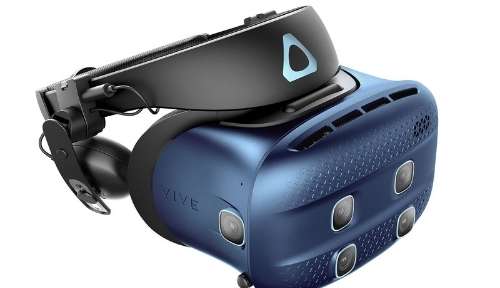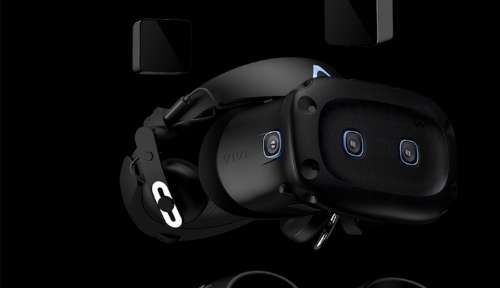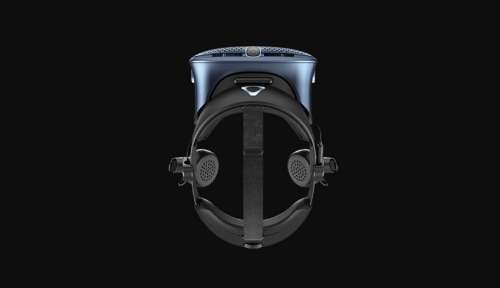
(Used under Fair Use Rationale)
A crowdfunding initiative launched by former Mythbusters host Jamie Hyneman is looking for $50,000 to build prototype roller skate shoes to wear in virtual reality, in order to fix the issues with locomotion in VR.
The Vortrex, currently the subject of an IndieGoGo campaign that started on Monday, is based around using small motorised treadmills on the soles of shoes that make you feel you are moving while staying in place, stopping the problem of knocking into walls or furniture whilst moving around, as well as providing a natural locomotion method without using a harness, an omnidirectional treadmill or some kind of frictionless system, which tend to be huge and restrictive.
Effectively, what these shoes will do is make you moonwalk while in VR.
Virtual Reality or Real Transport Solution?
According to the pitch video, the original plan for the moving shoes is as a personal mobility solution, which effectively sticks a travellator under your feet at all times to allow for faster and less strenuous walking. VR was seen as a less strenuous test of the concept, making this an odd example of a piece of VR tech that is intended to branch out towards real world applications.
Just a Prototype or the Future?
What is being produced is the 7th generation prototype, and one thing that Hyneman has tried to make clear throughout the project is that the shoes themselves are not an available pledge tier, and there is even an admission that the prototype may not ultimately work. Instead what is offered in the pledge tiers, going from $25 to $600 is some of Jamie Hyneman’s products, from a roll of duct tape to a huge metal survival case.
The fact it is a prototype and not a full product yet has been signposted more than usual for a crowdfunding project, possibly in part due to a number of campaigns that either didn’t succeed or were not sufficiently clear that they were funding a prototype and not ordering a specific product. Crowdfunding involves a large risk of reputational damage, since if a project doesn’t deliver, it can harm a creator, a company, a business and in some cases the crowdfunding system itself.
As of the time of writing the campaign has reached under $7,000 if its $50,000 minimum goal, which isn’t surprising given that there isn’t really a product to buy at the end of it. Regardless, if it succeeds it could be an interesting and compact solution to the big problem of locomotion in VR.







